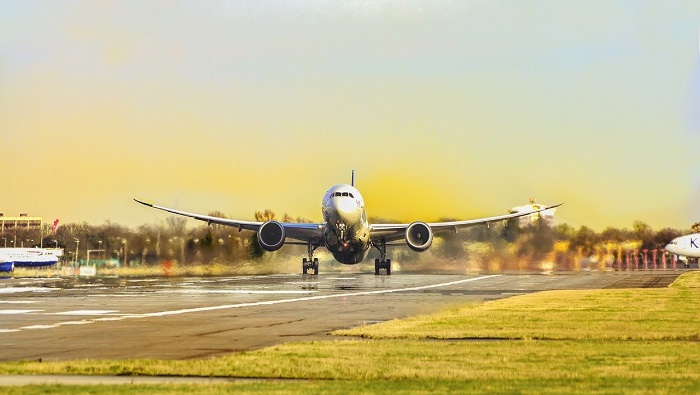
Muscat: The International Air Transport Association (IATA) has revealed details of its proposed temporary layered approach to biosecurity for re-starting passenger flights amid the COVID-19 crisis.
IATA has published Biosecurity for Air Transport: A Roadmap for Restarting Aviation which outlines IATA’s proposal for a layering of temporary biosecurity measures. The Roadmap aims to provide the confidence that governments will need to enable the re-opening of borders to passenger travel; and the confidence that travelers will need to return to flying.
“There is no single measure that will reduce risk and enable a safe re-start of flying. But a layering measures that are globally implemented and mutually recognized by governments can achieve the needed outcome. This is the greatest crisis that aviation has ever faced. A layered approach has worked with safety and with security. It’s the way forward for biosecurity as well,” said Alexandre de Juniac, IATA’s Director General and CEO.
Pre-flight, IATA foresees the need for governments to collect passenger data in advance of travel, including health information, which should be accomplished using well-tested channels such as those used for eVisa or electronic travel authorization programs.
At the departure airport, IATA foresees several layers of protective measures including restricted access, temperature screening, physical distancing, face coverings and masks as well as self-service options besides cleaning and sanitisation.
In-flight, IATA suggests face coverings, simplified cabin service, pre-packaged catering and frequent enhanced cleaning. On arrival, temperature screening, automated customs, accelerated baggage reclaim have been suggested.
IATA stressed that these measures should be temporary, regularly reviewed, replaced when more efficient options are identified or removed should they become unnecessary. IATA reiterated its opposition to social distancing on board aircraft and quarantine measures on arrival.